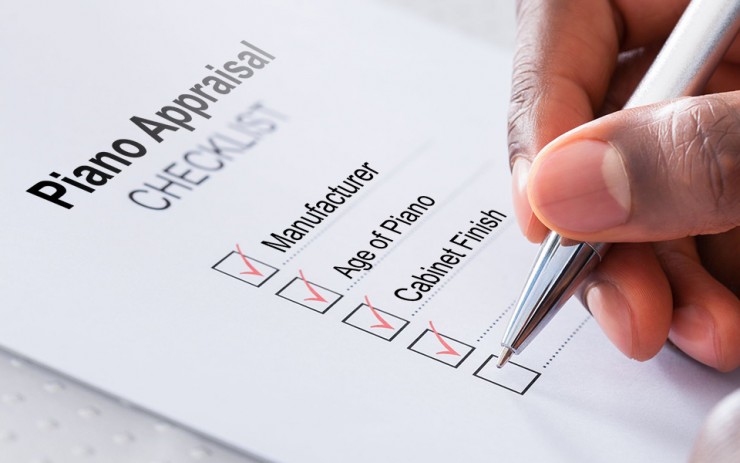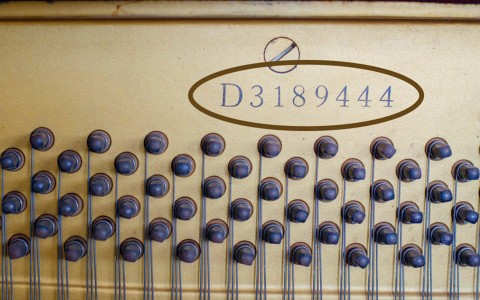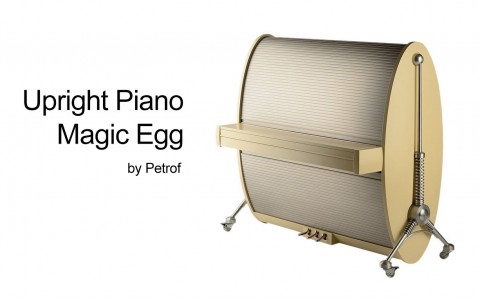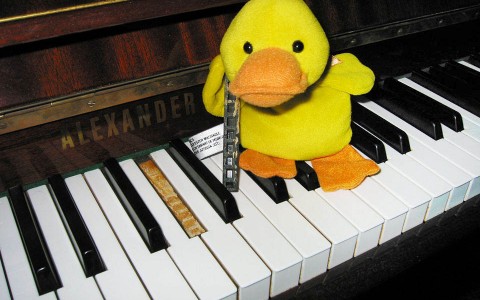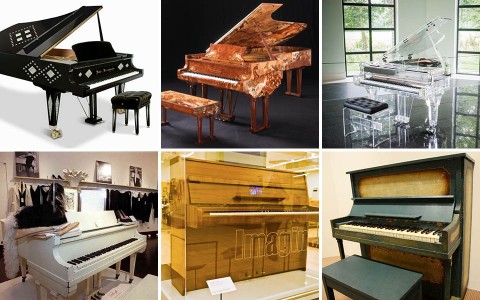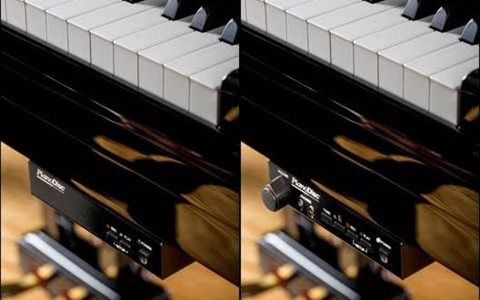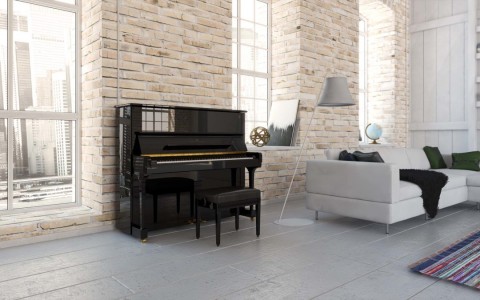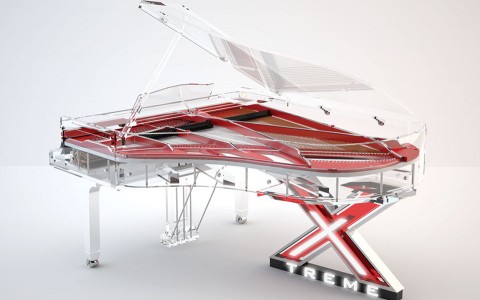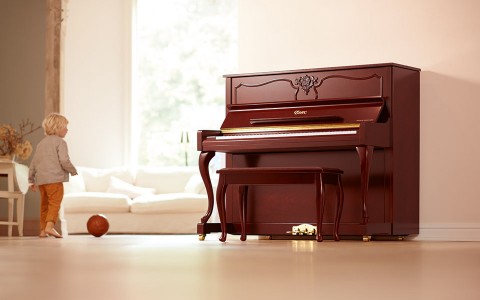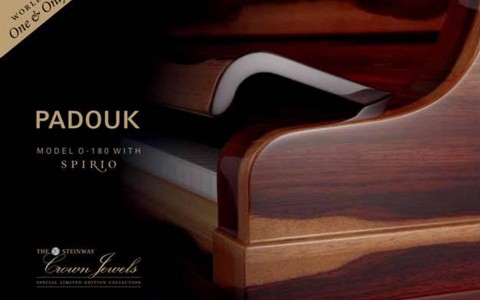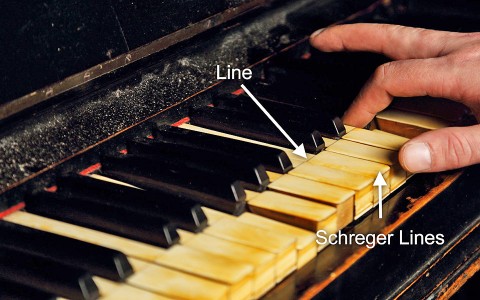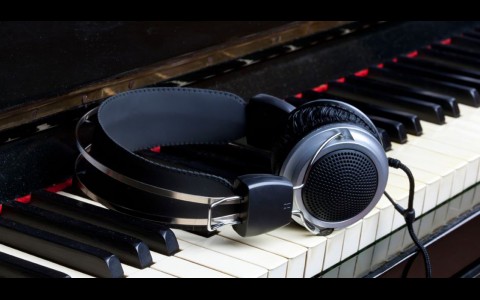You could be looking to buy a used piano or selling your beloved piano. No matter the case, you’re probably wondering, “what is the current market value of the piano?”
To have a good estimate, you will need a piano appraisal.
But, what is a piano appraisal? Why do you need one? And how do you get one? Here we have some common questions about this topic and our answers to them! From the reasons why, to the process and tips when getting one, you’ll find all you need to know about piano appraisals.
1. What is a piano appraisal?
A piano appraisal is a document that tells you the piano's (i) estimated fair market value (aka resale price in normal market conditions) of a used acoustic piano, (ii) current conditions, and (ii) the age of the piano based on its serial number.
The piano will go through an on-site physical inspection by an appraiser who is a qualified piano technician. You can think of it as a health report card for the piano – the appraiser is the doctor who will diagnose the patient (your piano!).
Besides examining your piano physically, the appraiser may also take into account other market factors to determine its fair market value.
Also, do note: An appraisal is for acoustic pianos only; digital pianos need not apply!
2. Why do I need to get a piano appraisal?
This depends on your relationship with the piano. Are you a seller, buyer or owner?
As a seller, putting in a bit of cash to get an appraisal can really help to ease the selling process. Here are some benefits of getting an assessment:
- Since the report tells you in detail the condition of your pre-loved piano, you need not waste your time answering technical questions that buyers are likely to ask – especially if you have little knowledge of the instrument.
- Free yourself from the hassle of experimenting with the selling price, because an appraisal helps you determine what it is worth.
- An appraisal will help to establish yourself as a trustworthy seller. As it is conducted by an unbiased third party piano technician, it shows buyers that you are honest about the piano’s conditions and have nothing to hide!
- Not many sellers would want to get an appraisal, so getting one for your piano gives you the advantage of product knowledge. Buyers will appreciate it and love you for it!
On the other hand, if you're a buyer, investing in an appraisal means:
- Knowing what you are getting into. You are paying for the ease of mind since a piano is a relatively big ticket item. Goodness forbid you buy a lemon!
- You can establish a relationship with a dependable service provider starting from the buying process to the later stages of maintaining the piano. (And ThePiano.SG provides such appraisal services!)
- Being aware of the potential work (and further costs!) needed to maintain and repair the piano.
- You will be able to check that the selling price is justified for the quality of the used piano.
Beyond buying and selling, a piano appraisal can be given for other purposes as well. A piano owner who is not looking to sell can also get one if:
- You would simply like to know how much your piano is worth.
- The instrument is involved in legal cases (e.g. estate settlements or divorce).
- Your insurance policy requires the value of your piano along with an appraisal comprising a thorough report of the piano’s condition, photographs and its provenance. It can also be useful for in times of disasters or accidents, especially when your insurer requires the piano value before the calamity, as well as after the restoration of the instrument.
Wherein the case of art-case pianos or those that have historical significance, owners might like to note that further research may be needed in the appraisal process. In comparison to regular appraisals for the purchase or sale of pianos valued according to market conditions, art-case pianos for insurance purposes may be priced higher because of the urgency to replace the instrument.
Furthermore, if you would like to donate a piano to a charity, or if the piano belongs to an estate, an in-depth appraisal similar to insurance-based ones will be required as well.
3. What will the appraiser look for when conducting the piano appraisal?
There are so many factors that determine the valuation of your piano. This is why you require a professional piano technician.
The following is a general checklist of points considered in a standard piano evaluation:
- The current working condition of the piano itself (of course!) which is made up of many, many components. Here’s a long list of just the major components that will be inspected – don’t hold your breath: the main structure, cast iron plate supporting the massive string tension, bridges supporting the strings, the wooden tuning pin block that supports the pins, cabinet and case parts, copper wound and plain wire strings, soundboard and ribs or back posts, keys, hammers, tuning pins, dampers, felts and cloths. Let’s not forget the thousands of small parts that collectively make the piano such a grand instrument!
- Appearance and state of the cabinet and finish
- Piano age
- Rarity of the piano
- Piano manufacturer’s credentials and quality standards
- Geographic location of where the piano is sold or purchased
- Depreciation
- Buyer or seller’s level of interest
- Local or national economy (i.e. market value and the values of similar pianos)
- Opinions from other knowledgeable sources
In special cases like celebrity-owned piano appraisals, much more in-depth and extensive research is conducted on top of the common checklist mentioned above. Such research will cover the historical significance of the celebrity in question, Fair Market Value and, where necessary, Art Case Value.
4. What should I note when getting a piano appraisal?
While an appraisal is performed by a qualified piano technician, one needs to note that the value given is not definitive, where even different piano technicians will give different valuations. The final number stated in the document is an estimate figure that the appraiser derived from his professional analysis, impartial judgement and expert opinion. And in no way the appraiser provides any warranties for his service.
Consider the above a disclaimer!
5. If I can get an online piano appraisal, why should I consider an on-site appraisal?
Nothing beats an on-site piano inspection! The piano is a complex instrument that needs physical inspection by a professional to get it properly examined. Getting an online appraisal is like seeing a doctor online to get diagnosed – gasp! We wouldn’t do that to ourselves, would we? No amount of photographs, descriptions of your piano, or even talking on the phone can show structural issues with the instrument.
Notably, some countries offer online appraisal services, though it is only a basic assessment of your piano. If you are considering an online “appraisal” (which we believe is not a proper, professional appraisal per se), do note that it should be deemed as only a starting point of reference. These online services will only be able to look the piano brand, model and age, which will not give an accurate valuation!
6. Where can I get a piano appraisal in Singapore?
You can get it here at ThePiano.SG! We offer a wide range of piano-related services including piano appraisals backed by a team of qualified piano technicians. Our piano technicians have decades of experience in the piano industry and will provide high-quality documentation with clear, easy-to-understand information, no matter the purpose of the appraisal. Learn more about our piano moving, piano tuning, and piano disposal services.
